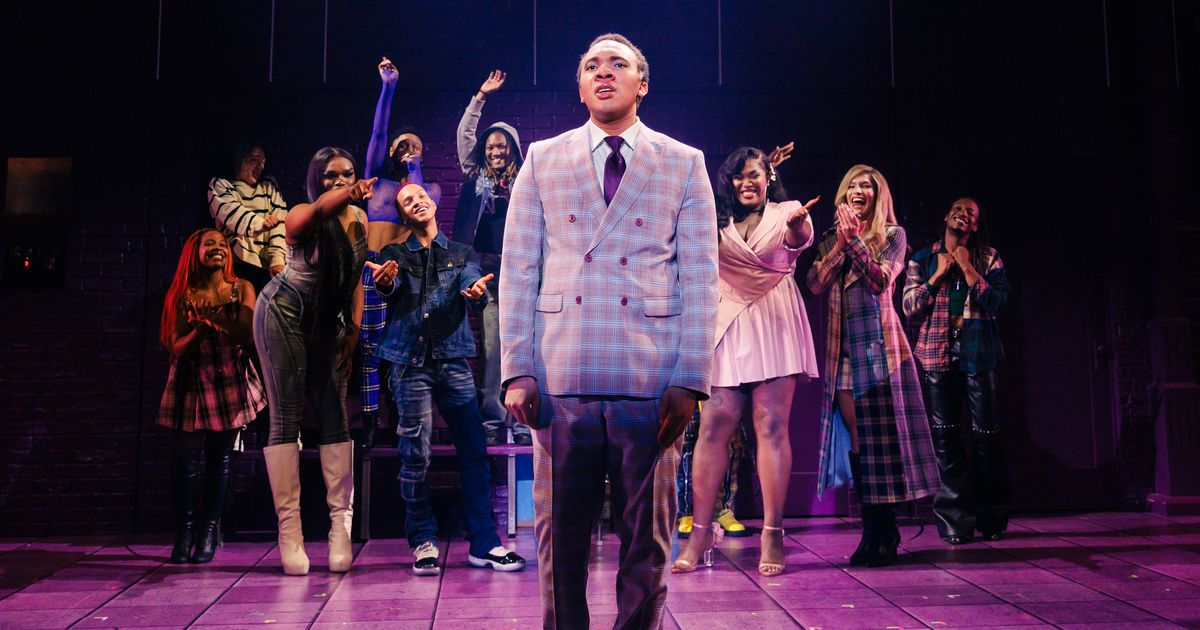
"The lyrical register of pop music demands imagery that's direct and broadly relatable, the kind of message that can be easily understood over a thudding bass line. So too does gospel, where the communion arrives not on Saturday night at the club but at a service the next morning. In either case, the roof might get blown off, and in a moment of mass worship, you're able to believe for a few minutes at a time in a collective euphoria."
"The new musical Saturday Church traverses both contexts, following a sensitive Black teenager (played by Bryson Battle) who's torn between his love of church and his burgeoning understanding of his queerness. The musical has its eye on the ecstatic, and the heavily amplified production directed by Whitney White certainly delivers vocal fireworks. But it's missing what the genre of musical theater itself ought to provide, which is specificity - a sense of the universal by way of the particular."
Pop and gospel music require direct, broadly relatable imagery and communal moments of ecstatic belief. Saturday Church moves between club-style pop and morning-service gospel to seek that collective euphoria. The story follows Ulysses, a sensitive Black teenager torn between his devotion to church and his emerging queer identity. Ulysses mourns his father while living with an overworked nurse mother, Amara, and a stern, disapproving aunt, Rose. Bryson Battle's tenor provides notable vocal power. A subway encounter with Raymond leads Ulysses to a Saturday Church support group for queer and trans youth run by Ebony, and the community carries grief as well.
Read at Vulture
Unable to calculate read time
Collection
[
|
...
]